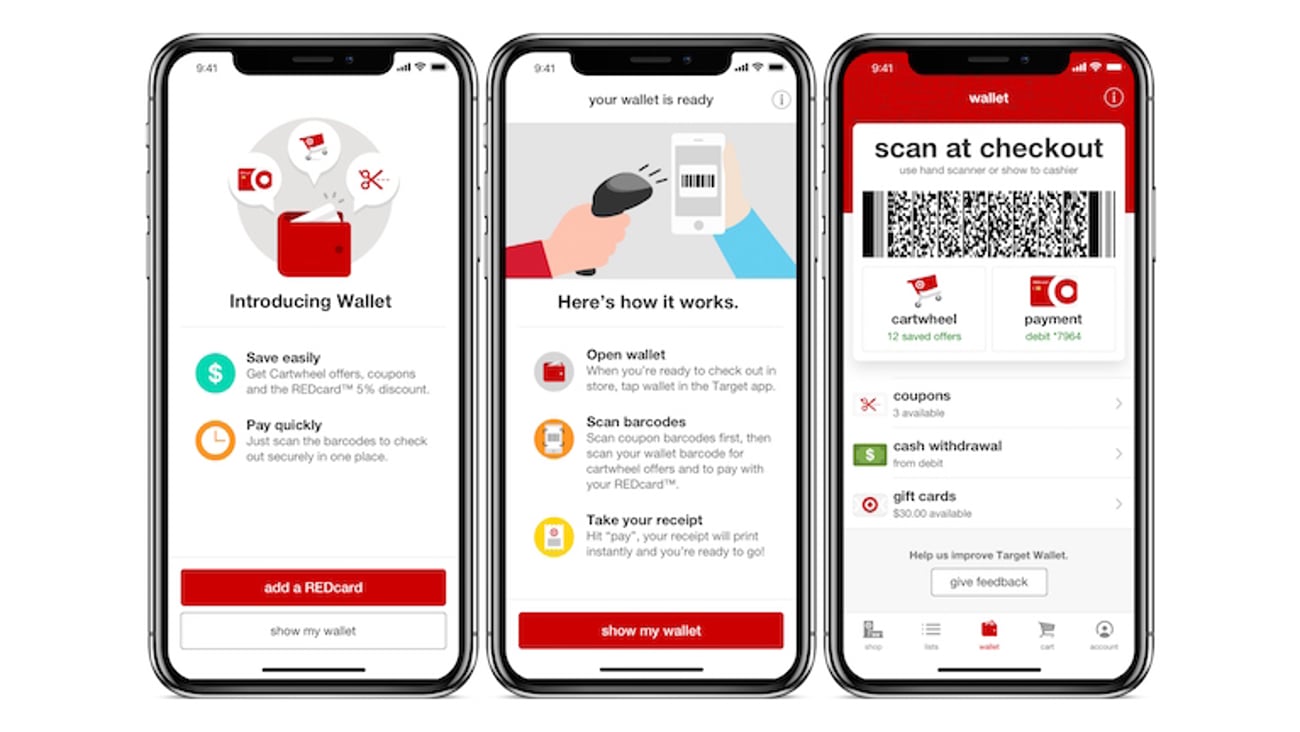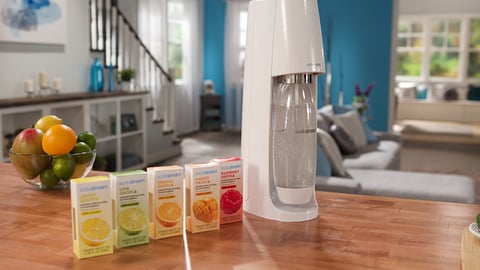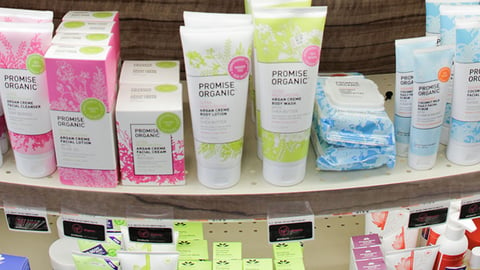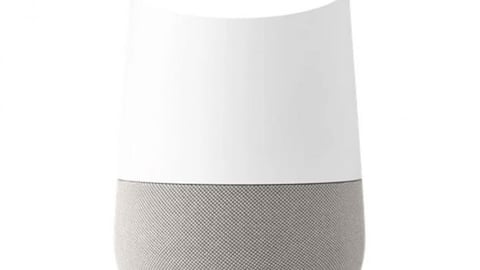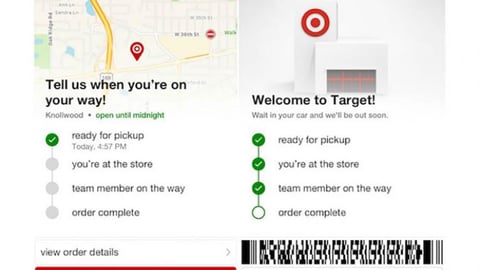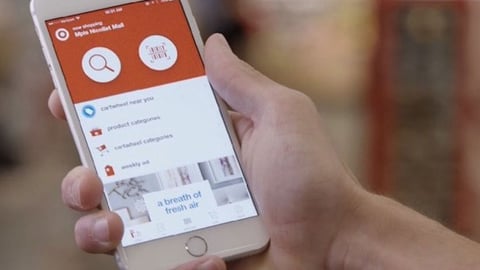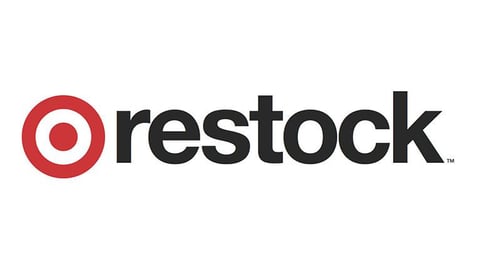-
Editor's note: Catching the consumers’ eye
Retail is not dead; boring retail is dead.That is what industry guru, Mack Elevation Forum founder and DSN partner Dan Mack told a packed house at the 19th annual Drug Store News Industry Issues Summit at New York City’s Plaza Hotel in late November. Moderating a panel of executives from such top retailers as CVS Pharmacy, Target, Walmart, Walgreens and Sam’s Club, Mack challenged them to explain to the audience what they were doing to remain relevant.Target launches payment system within its app
Target is introducing a new way for consumers to pay for their purchases while never having to leave the company’s app. The Minneapolis-based retailer has launched Wallet in the Target app.
With Wallet, consumers can pay for purchases using their Target REDcard and find savings with Cartwheel — all within a single scan of their phones at checkout, the company said.
XThis ad will auto-close in 10 seconds


